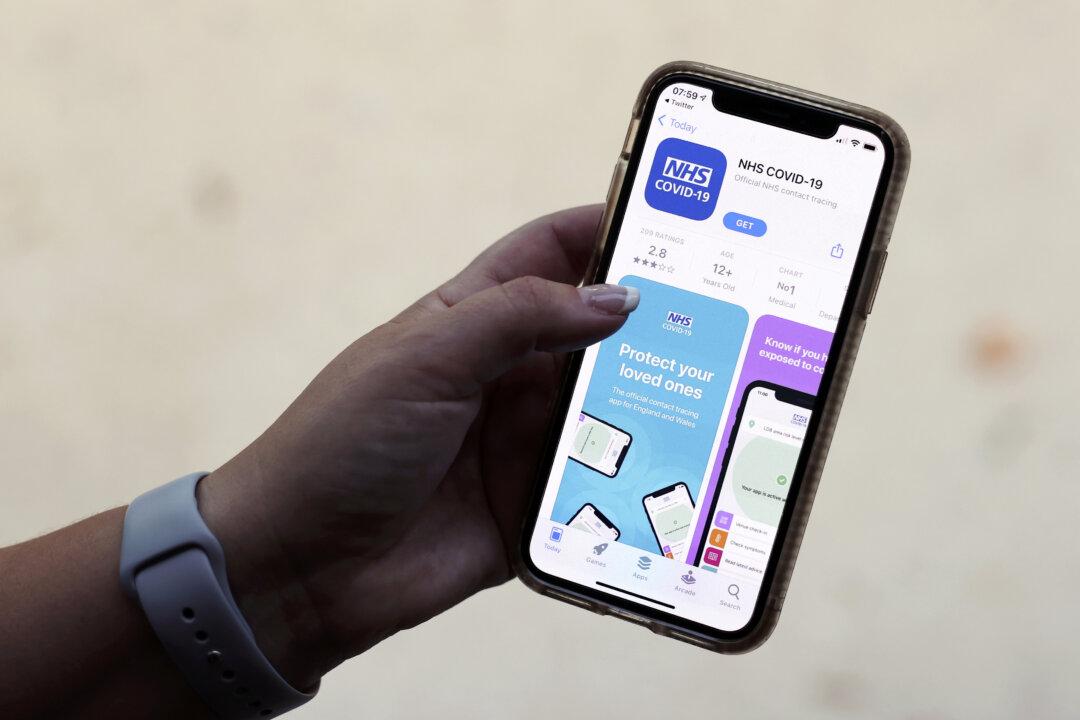Commentary
It is another one of those existential dilemmas. We understand the deadly nature of the COVID-19 virus, but as the nation tries to control the pandemic, how much of our individual freedom are we willing to give up?

It is another one of those existential dilemmas. We understand the deadly nature of the COVID-19 virus, but as the nation tries to control the pandemic, how much of our individual freedom are we willing to give up?